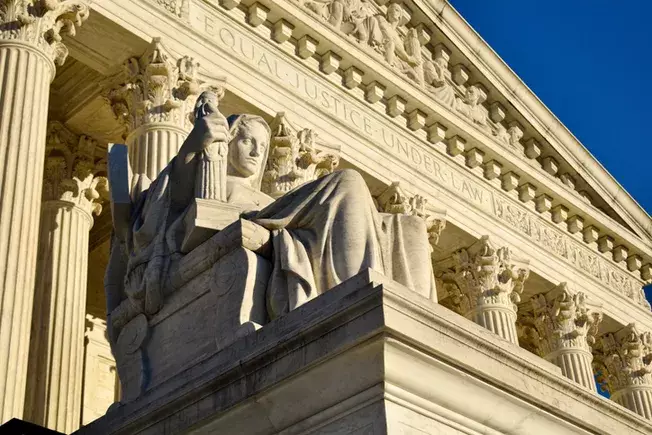The clock is ticking for TikTok, with January 19th looming as a critical deadline for the popular social media platform. As it stands, the app faces an impending ban in the United States unless a swift resolution is reached regarding its ownership structure. This contentious matter stems from increasing scrutiny over TikTok’s ties to the Chinese government, raising national security concerns that could potentially compromise the privacy and wellbeing of 170 million American users.
Central to the ongoing debate is the “Protecting Americans from Foreign Adversary Controlled Applications Act,” legislation aimed at confronting perceived threats from foreign applications that may harvest sensitive data or propagate propaganda. TikTok, owned by Chinese parent company ByteDance, finds itself at the intersection of politics, law, and public opinion. The imposition of such a law raises significant questions about the balance between national security and individual rights, particularly when it comes to freedom of expression that is often protected under the First Amendment.
TikTok has been adamant in arguing that this ban undermines free speech, positioning the case as a critical legal battle over civil liberties. However, the realities of national security issues complicate this argument, as judges in the U.S. legal system demonstrated during recent court hearings—expressing skepticism about the viability of TikTok’s First Amendment claims.
As TikTok’s legal journey progresses, the U.S. Supreme Court has agreed to hear its appeal following an unfavorable ruling from the Court of Appeals for the District of Columbia Circuit. Early indications suggest that the justices (some of whom have voiced concerns about the bill’s constitutional implications) may ultimately choose to support the existing law, potentially paving the way for the ban to be enacted.
While TikTok has yet to actively pursue a sale to U.S. investors, other avenues for avoiding a ban seem equally limited. President-elect Donald Trump has indicated a willingness to advocate for the app, even filing an amicus brief to request that the Supreme Court extend the deadline for deliberations. Yet, without any guarantee of an extension or the possibility of an outright rescue plan, TikTok appears to be facing the precipice of shutting down its operations in the U.S.
Given the current trajectory, the possibility of TikTok disappearing from app stores and ultimately ceasing functionality for its users appears increasingly likely. Although the app will not vanish overnight, the gradual dismantling of its operational capacity once prohibitions are enacted will surely lead to an exodus of engagement from American users. Without the necessary ownership changes or legal protections, the outlook for TikTok in the U.S. seems bleak.
Efforts made by various U.S. investors to acquire the app have also stalled, with ByteDance stating that the timeframe is not conducive for such negotiations. This adds another layer of complexity to the situation, particularly when public sentiment may vacillate between support for national security measures and the desire to maintain a beloved platform that resonates with millions.
Should TikTok indeed be banned, the repercussions would extend beyond the platform itself, potentially setting a precedent for how foreign-owned apps are scrutinized and regulated in the future. The outcome of this case could influence perceptions of privacy, security, and freedom of expression on platforms shaped by international ownership.
As the deadline approaches, a dual narrative unfolds: one that emphasizes the necessity of safeguarding national security and another that epitomizes fears surrounding government overreach into digital spaces. The next few days are critical, as the Supreme Court’s decision may very well shape the future of digital engagement in America.
The fate of TikTok hangs in the balance, making this an urgent moment for its users, stakeholders, and legislators. The landscape of social media could shift dramatically in the coming days, revealing deeper implications about how we navigate the complex intersection of technology, culture, and governance. The ultimate decision will resonate beyond TikTok, encompassing broader themes of security, expression, and privacy in an increasingly digital world.

